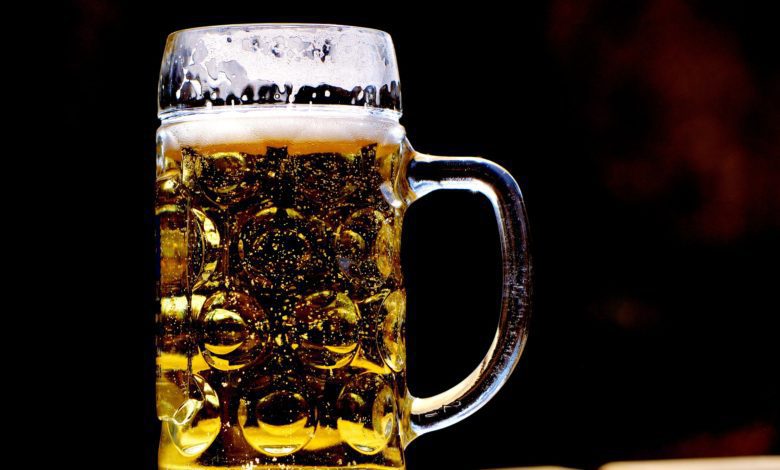Festive sales slide despite increase in productivity
Figures from Fourth show that combined sales across pubs, restaurants, hotels, and quick service restaurants (QSR) in 2021 were 24.4% down from December 2019

Festive sales were considerably down in comparison to 2019, but staff headcounts and hours worked are heading in the right direction according to the latest figures from Fourth, the global software provider for the hospitality, retail, and leisure industries.

